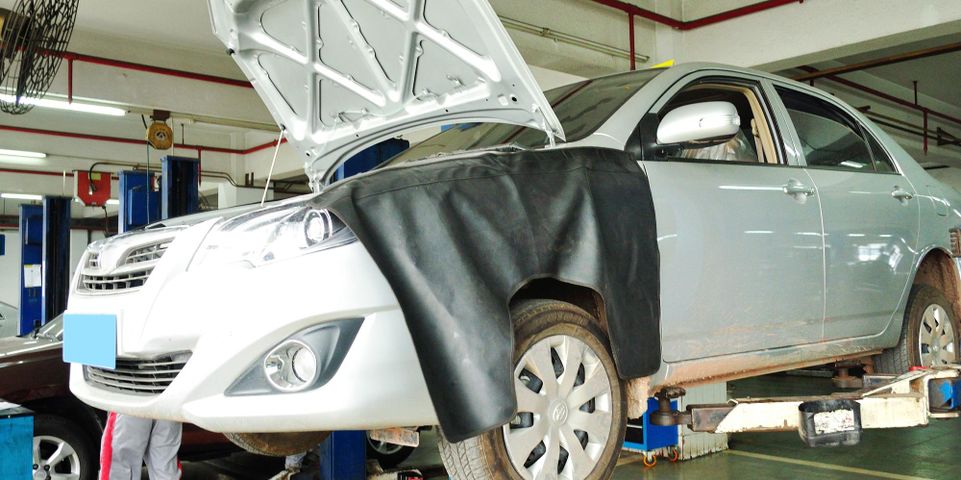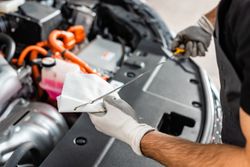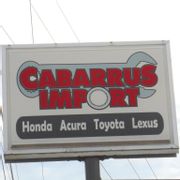
You probably love your Toyota Camry for its reliability, fuel economy, and relatively low cost of ownership. It’s easily one of the best-selling vehicles in the U.S. and has unparalleled value retention. But even this popular ride has a few weaknesses that can lead to auto repairs. Learn what to ask about during your next inspection so you can continue to drive with confidence.
What Kinds of Repairs Do Toyota Camrys Often Need?
1. Transmission repair
Transmissions are the signature weakness of Toyota Camry models from the early 2000s. Owners frequently report transmissions slipping, stalling, or being slow to engage.
If you experience stiff shifting, spontaneous downshifting and lurching, or shaking at low speeds, get your vehicle to a reliable technician right away. You may need a new torque converter, which creates the pressure needed to shift gears, or a transmission repair or replacement.
2. Piston assembly
 Owners of Toyota Camry models from the late 2000s may notice low oil levels with no visible signs of leaks. The root cause is often a faulty engine piston assembly. Pistons pump inside a lubricated, sealed cylinder to create a controlled explosion that propels the engine. Oil leaking into the piston cylinder produces smoke and reduces the engine’s combustion power.
Owners of Toyota Camry models from the late 2000s may notice low oil levels with no visible signs of leaks. The root cause is often a faulty engine piston assembly. Pistons pump inside a lubricated, sealed cylinder to create a controlled explosion that propels the engine. Oil leaking into the piston cylinder produces smoke and reduces the engine’s combustion power.
Check your oil level regularly and top off your oil well before the oil light turns on. Repairing pistons is a labor-intensive auto repair job, but it is usually cheaper than a complete engine replacement.
3. Brakes
Occasionally, Toyota brakes will be unresponsive. You may have to pump or press the brake pedal hard to decelerate, or you may feel your car shaking while braking. If you ever struggle to bring your car to a stop, pull over and call an auto repair shop to arrange a tow. Brake components are pretty affordable and simple to replace on a Toyota Camry.
If the anti-lock brake system (ABS) light turns on, your car may be more prone to skid during an emergency. The light is usually triggered by a broken sensor, but get it checked by a technician just in case your vehicle is low on brake fluid or has a blown fuse.
4. Frame rust
Toyotas are notorious for developing underbody rust. This compromises the frame and wheel wells and causes bolt threads to seize, or cold-weld. Auto repair technicians unfamiliar with Toyotas may struggle with frame or wheel repairs. Toyota makes products for underbody rust prevention, but their effectiveness is still up for debate.
Don’t leave your trusty Toyota Camry in the hands of just any auto repair shop—bring it to the import experts at Cabarrus Import Service in Concord, NC. They specialize in routine service and comprehensive repairs for any type of vehicle, especially Toyotas and Hondas. See their extensive list of services online and call (704) 793-4122 to see how quickly they’ll be able to get you driving again.
About the Business
Have a question? Ask the experts!
Send your question

